This week my toughest case involved futile care. We admitted a patient with very advanced cancer, dying naturally at home on hospice. Because of last minute family intervention, the patient ended up spending 48 hours on super-max support, dying quite horribly with tubes and lines in every natural and unnatural orifice. Liver failure, lung failure, kidney failure, bleeding, blood clots and overwhelming sepsis guaranteed, without any hope, that the body distorted by brutal medical care, four rounds of CPR, 23 doctors and $3000 per hour, ended in death.
As I relived this disaster, and tried to clear my head by running a few miles further on the treadmill, my focus fell on the concept of waste. The waste in the pain of the patient and family. Waste of dollars and cents. The waste of valuable intensive care unit space, while the emergency room overflows with patients who could be saved. The waste in the time, expertise and energy, which burns out highly trained, passionate, medical personnel.
Moreover, my interest focused on a type of waste I have missed in prior similar cases. The loss and waste of a precious, special resource. The waste of blood.
I do not mean the patient’s blood, which spilled across gowns, bed and floor. Rather I mean the plasma, cryoprecipitate, platelets and red cells which where poured into and through the dying body. Blood products, which, especially with the lull in summer donations, are so difficult to replace.
I have donated blood without being particularly introspective. It is simply “the right thing” to do. However, if I am honest, I have this ideal fantasy of my gift making a difference. Somewhere, there is a man, woman, maybe even a small child, who, in their moment of desperation, are given the opportunity, by me, to heal. Perhaps, I am being naïve, but there seems to be a social contract that says that my donation will be used with respect and care. I feel violated by the idea that someone may callously dispose of this given part of me, in a futile battle, or even worse use my blood to amplify suffering.
I know it is time for me to grow up and realize that I live in a complex society and understand that others will use my contributions according to their definition of need. I buy into an insurance pool, some of which is used for poor quality care. I pay taxes, which are not always used as I might wish. I accept sending my kids to schools, which may teach somewhat differently than I might choose. We all lose some element of personal freedom each day, in order to guarantee the safety of the whole. I should relinquish any emotional attachment to that which is donated, realizing for it to be truly be a gift, it must be without bond. However, somehow, the personal nature of wasting blood donations sticks in my craw.
I do not have a real solution for this problem. It is not practical to require a family in crisis to replace the donation, and I am not certain that would address the squander of a magical resource, nor the societal harm that comes from breaking a contact based on healing. Nonetheless, perhaps this dilemma opens up another way of measuring futility. Not in money, nor in the willingness to suffer or cause suffering, but might we measure whether care is reasonable or necessary, by our willingness to consume such a perfect resource?
As an extreme example, what if this family had demanded a liver transplant? How about a kidney? Open-heart surgery? These would be ridiculous requests. Wasting blood seems less a waste, because it is easier to replace. Nevertheless, what about if we were all more conscious of the true “cost” of the care we were demanding and the societal obligation we are assuming. Might we be more cautious of what we request and what we are willing to “spend?”
Societies, like very large families, sacrifice and care for one another. However, we must never forget that in that web of life there is not only a responsibility to provide, but also for what we demand. This balance, this obligation, creates vitality in our community and provides life to all of us. We risk the whole when we assume precious gifts are ours to waste.


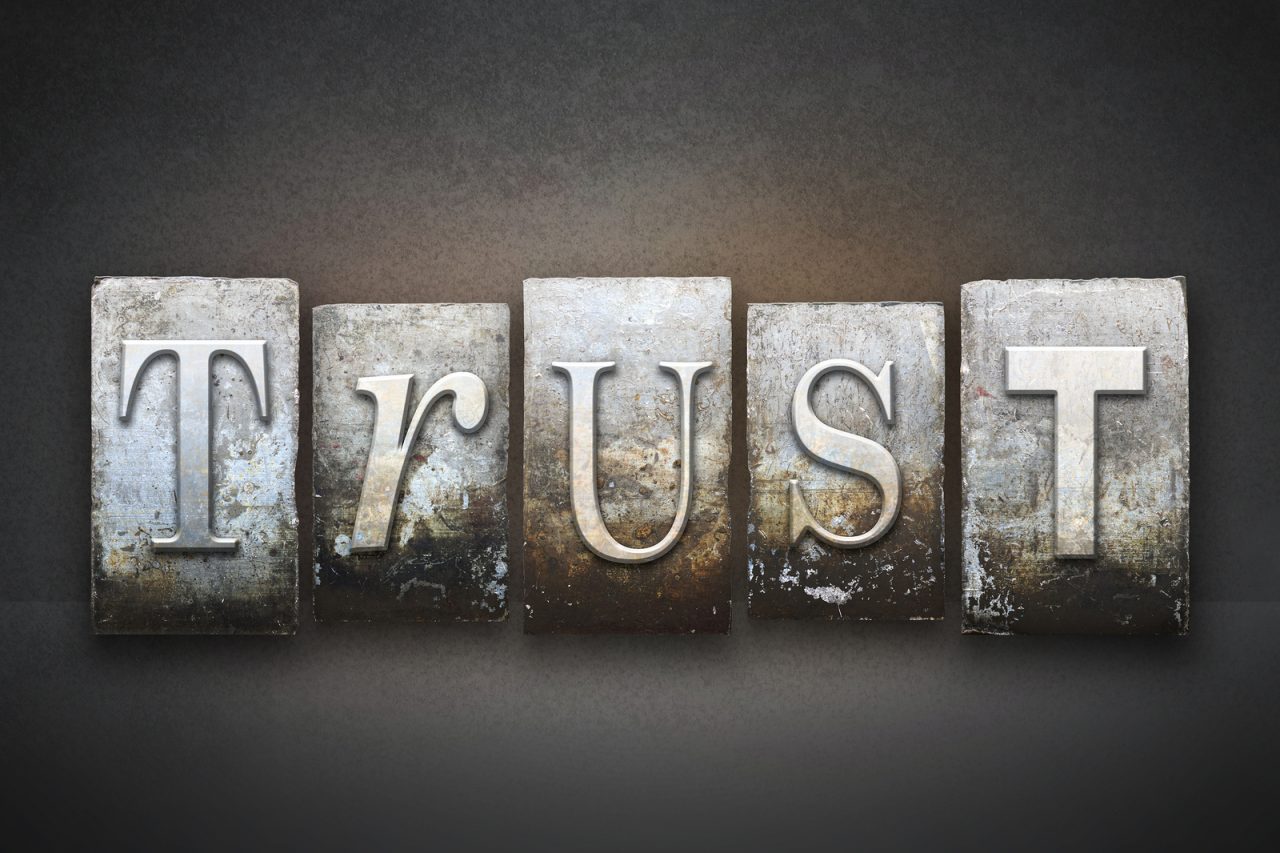
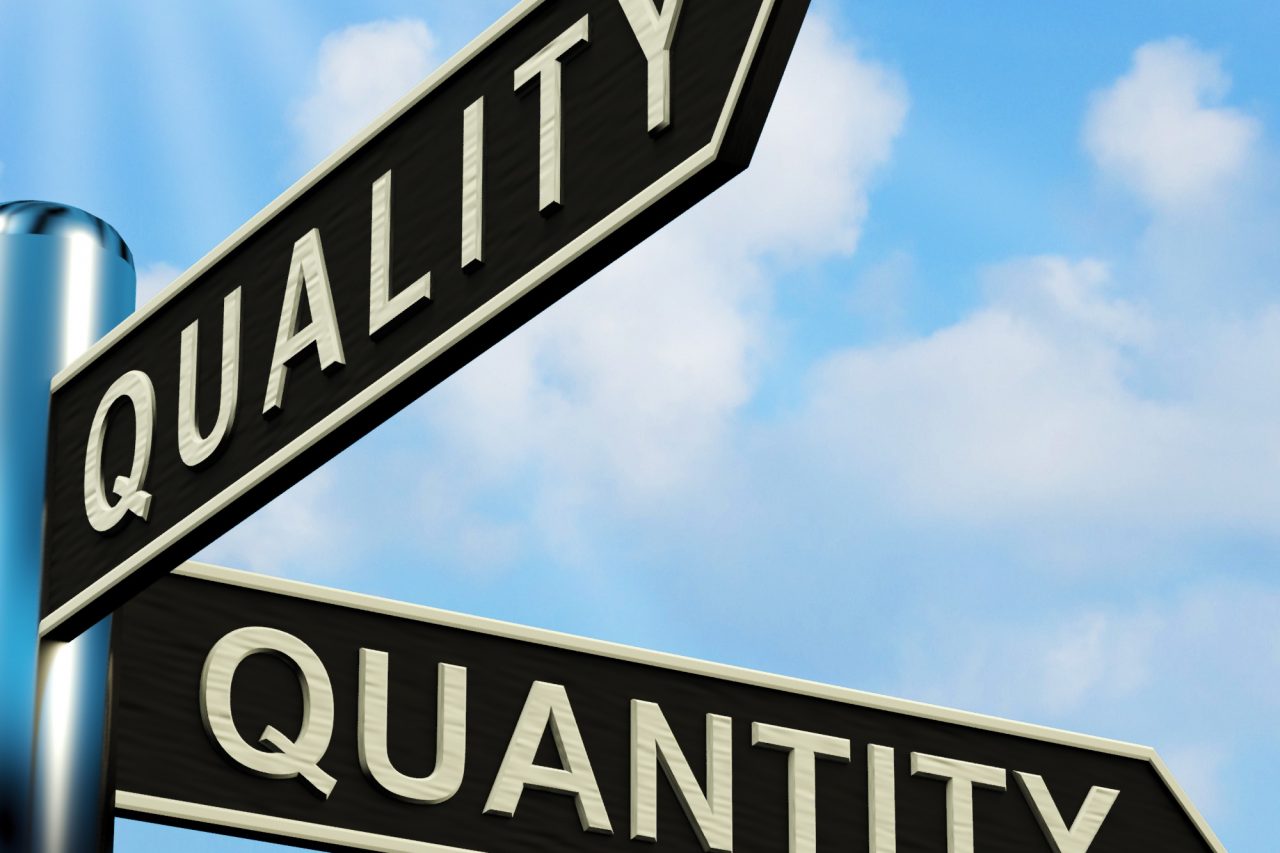
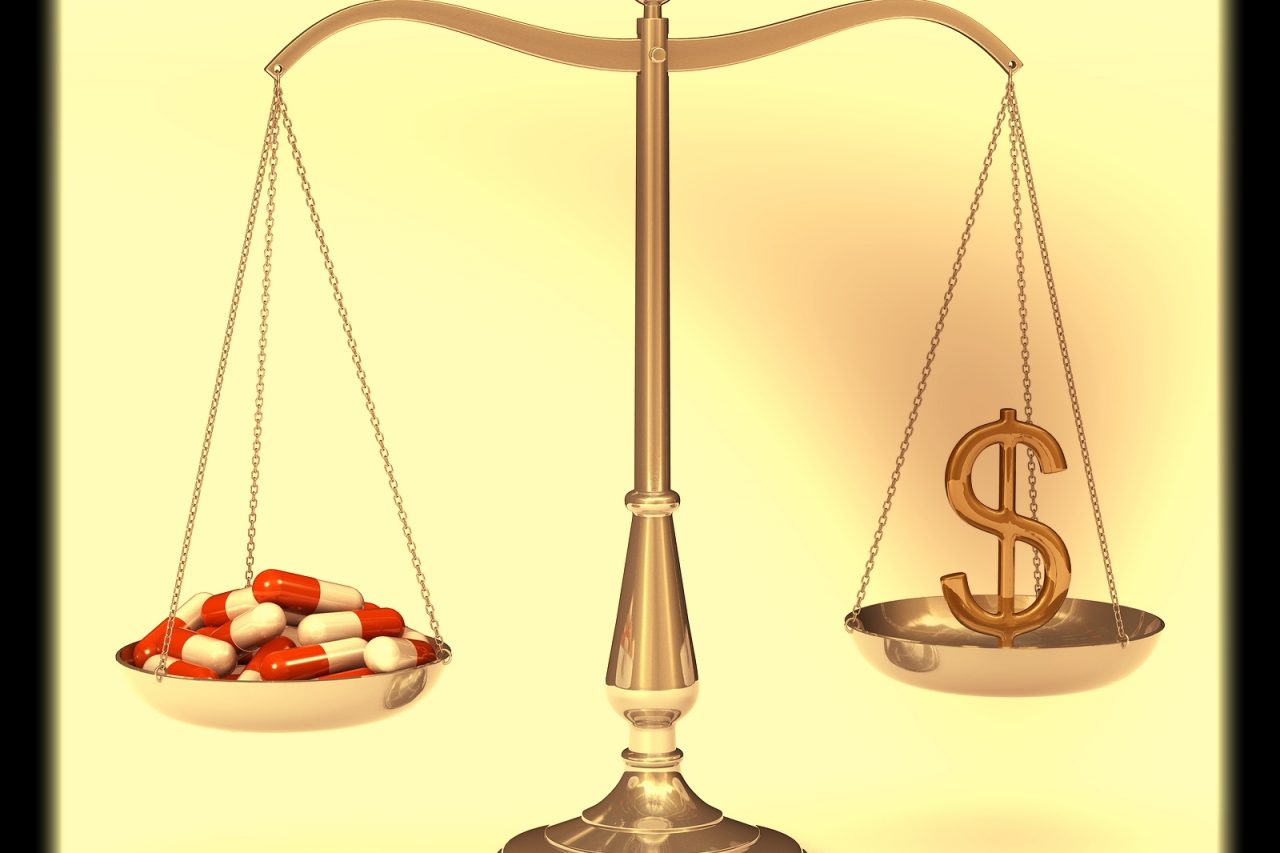
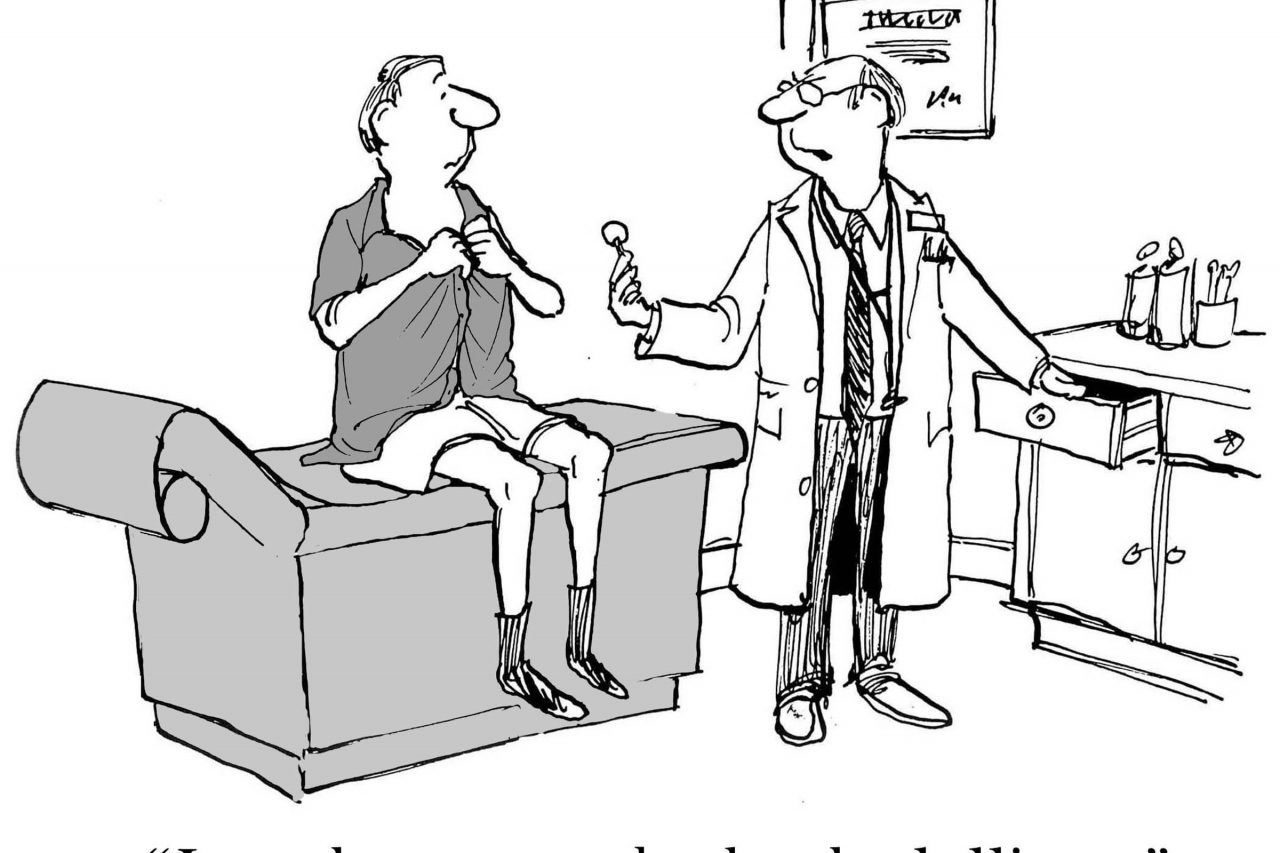
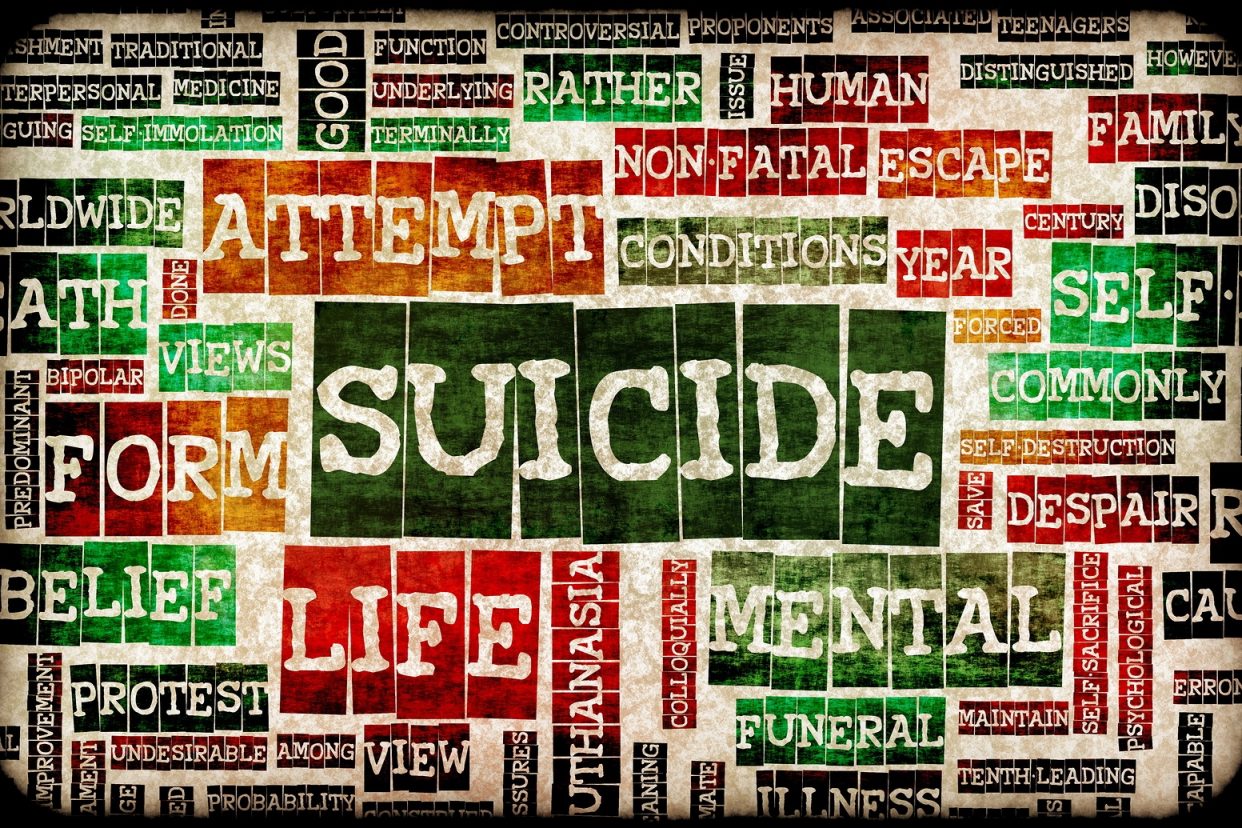
23 Comments